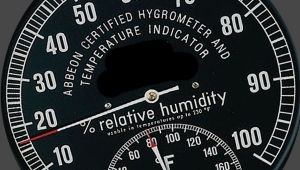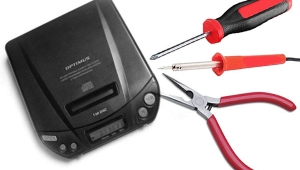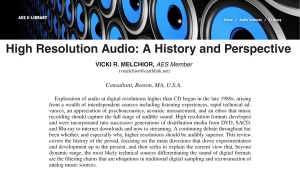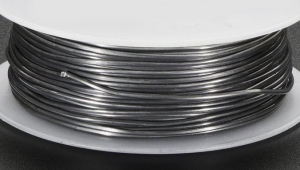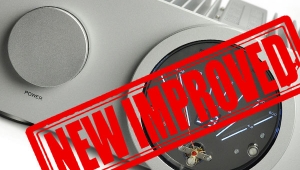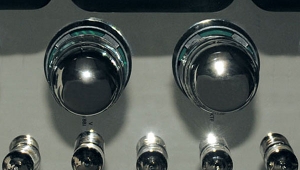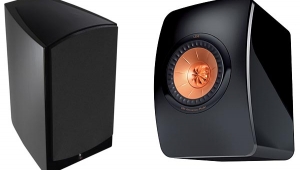| Columns Retired Columns & Blogs |
I have worked and sold high end equipment back to the beginning when tube Macs ruled the "Mac Clinic" world. Probably owned hundreds of components and sold literally thousands of others to customers.
So I wanted a new pair of mid-sized monitor accurate box speakers so that I could use them in different applications. Perhaps add sealed box mid-bass and some Velodyne 15 subs in stereo to flesh them out. Other times take them on the road as true monitors. In general just give them a good thrashing and NEVER question if it was THEM or the ROOM that was the problem. It would all ways be the ROOM as they would be perfect.
Trouble is I had never owned of heard a medium size box speaker that was considered quite that cup of tea. But the reviewers had. EVERYONE I mean EVERYONE in the hi-fi business stated at one time or another that Harbeth monitors were the real deal and boringly wonderful and easy to live with and accurate and musical and blah blah blah.
So never having heard them I bought a pair of Monitor 30s for $4000.
The point of the story is that by not even trying to guess I merely dialed in the requirements and went looking for a solid consensus. And once having found that consensus I simply plunked down my dough and moved on.
Oh by the way they are doing everything I wanted. Absolutely ZERO interest in changing for anything i have heard yet. They work well as a centerpiece in a $30,000 home stereo playback system. They work in a mastering situation. They work well alone in small setups. They are perfect.
I bet I never would have found them by "testing" stuff. True story.


